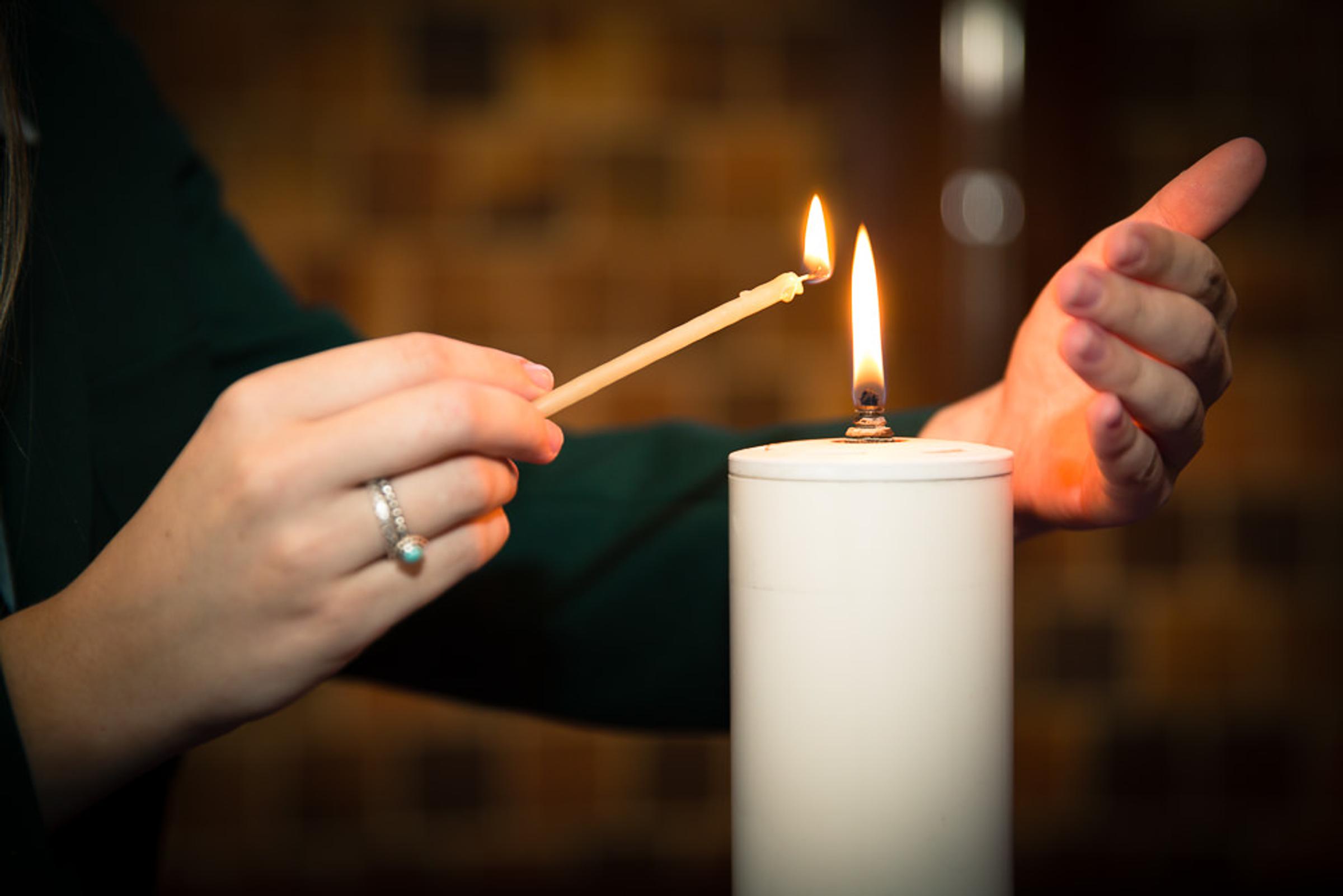Prayer
Prayer energises the heart of a believer through the power of the Spirit

Prayer
Prayer energises the heart of a believer through the power of the Spirit
Not Lent Again!
Joyce Rupp, in her latest book Jesus, Companion in My Suffering: Reflections for the Lenten Journey asks how do you continue to approach Lent with fresh eyes over and over again? It's not a focus on her sinfulness that elicits inner change, she has found, but rather a re-centering on the goodness that is already present, the assurance of the Spirit living and active within.
In an interview she said: Quite frankly, I'm tired of being reminded at the opening of every Eucharistic liturgy that I am sinful. That's a given. What I, and others in the pews, really need to be reminded of is how much goodness (God-ness) there is in us, our potential to be superb human beings.
Now that’s a challenge. We tend to blame our sinfulness and use it as an excuse - I did this or didn’t do that because I am a sinful person. What if we focussed on the free gift of God’s grace and goodness, what if this Lent we focussed on the fact that God is with us and has made us gifted, talented. What if we changed the greeting at the start of Mass to: “The grace of the Lord Jesus Christ and the love of God and the communion of the Holy Spirit are with all of you”. Perhaps simply changing that might be a reminder that the goodness of God is alive within us.
Many years ago, when I was studying to be a teacher we had to wade through a large and very boring time but one thing stuck with me. It was the term ‘entering behaviour.’ In other words, find out what the students already know and can already do and build on that. Always start with the positive. The same applies to life – we don’t get anywhere much by focussing on the negative, on how sinful or inadequate we or others may be but rather on how we have been gifted and blessed, then build on that.
During Lent, Joyce Rupp suggests that we do much the same: So I focus on the fruits of the Spirit and their potential to be deepened and strengthened in my life. This motivation is much more effective for making a change.
The author of Psalm 139 wrote:
'When I was being made in secret, fashioned in the depths of the earth, your eyes could see my unformed substance. You knit me together in my mother’s womb. Nothing about me, from beginning to end was hidden from your eyes. So many marvels I thank you. You have made me to be so wonderful. I praise you for you fill me with awe.' (Psalm 139)
I wonder whether we actually do see ourselves as being made to be so wonderful, as a ‘marvel’, blessed by God and gifted with grace, that we are in the mind and heart of God from beginning to end. In Matthew’s Gospel we find the parable of the weeds among the crop. Don’t pull them out now, the farmer tells his workers – wait until the harvest time when the crop has fully grown, then pull them out. That is a reminder that we are a mixture of light and darkness, selflessness and selfishness, virtue and vice, grace and sin, we can be sincere as well as two faced. Like the farmer, tend the crop, make it grow to harvest time – in other words focus on the positive, count your blessings, build on them and make them grow. Eventually sincerity will weed out insincerity, selflessness will weed out selfishness, and grace will weed out sin.
The following has been used by many famous people, not least of them Nelson Mandela.
“Our deepest fear is not that we are inadequate. Our deepest fear is that we are powerful beyond measure. It is our light not our darkness that frightens us. We ask ourselves, ‘Who am I to be brilliant, gorgeous, talented, fabulous?’ Actually, who are you not to be?"
You are a child of God. Your playing small doesn’t serve the world. There’s nothing enlightened about shrinking so that other people won’t feel insecure around you.We are born to manifest the glory of God that is within us. It’s not just in some of us. It’s in everyone, and, as we let our light shine, we consciously give other people permission to do the same. As we are liberated from our own fear, our presence automatically liberates others.
We do not have to make God present, but to make ourselves present to God, to make ourselves sensitive to the richness of God’s grace that is already present and active in our lives, if we let it.